One of the essential aspects of financial discipline involves figuring out how to make the most of the income you earn, especially if you’re someone with an average salary. It is possible to cover all the basic needs and have some left over for savings even if you’re an average salary earner. In this article, we’ll explore various ways people maximize their income. Let’s get started!
1. Budgeting and Expense Tracking

Creating a budget involves outlining your income and allocating it to different expenses like rent, groceries, bills, and savings. Tracking expenses means keeping a record of every penny spent. These two habits will help you to quickly identify where your money is going and where you might be overspending.
2. Adopt the Envelope Budgeting System

Once you’ve set up a budget, the envelope system involves assigning specific cash amounts to different categories (envelopes) like groceries, entertainment, or utilities. You spend from these envelopes and stop when the cash runs out in each category. The idea behind this system is to stick to the amount allocated to each envelope. You can only revise it in the next budgeting period, which could be a month, quarter, or even a year.
3. Reduce High-Interest Debt
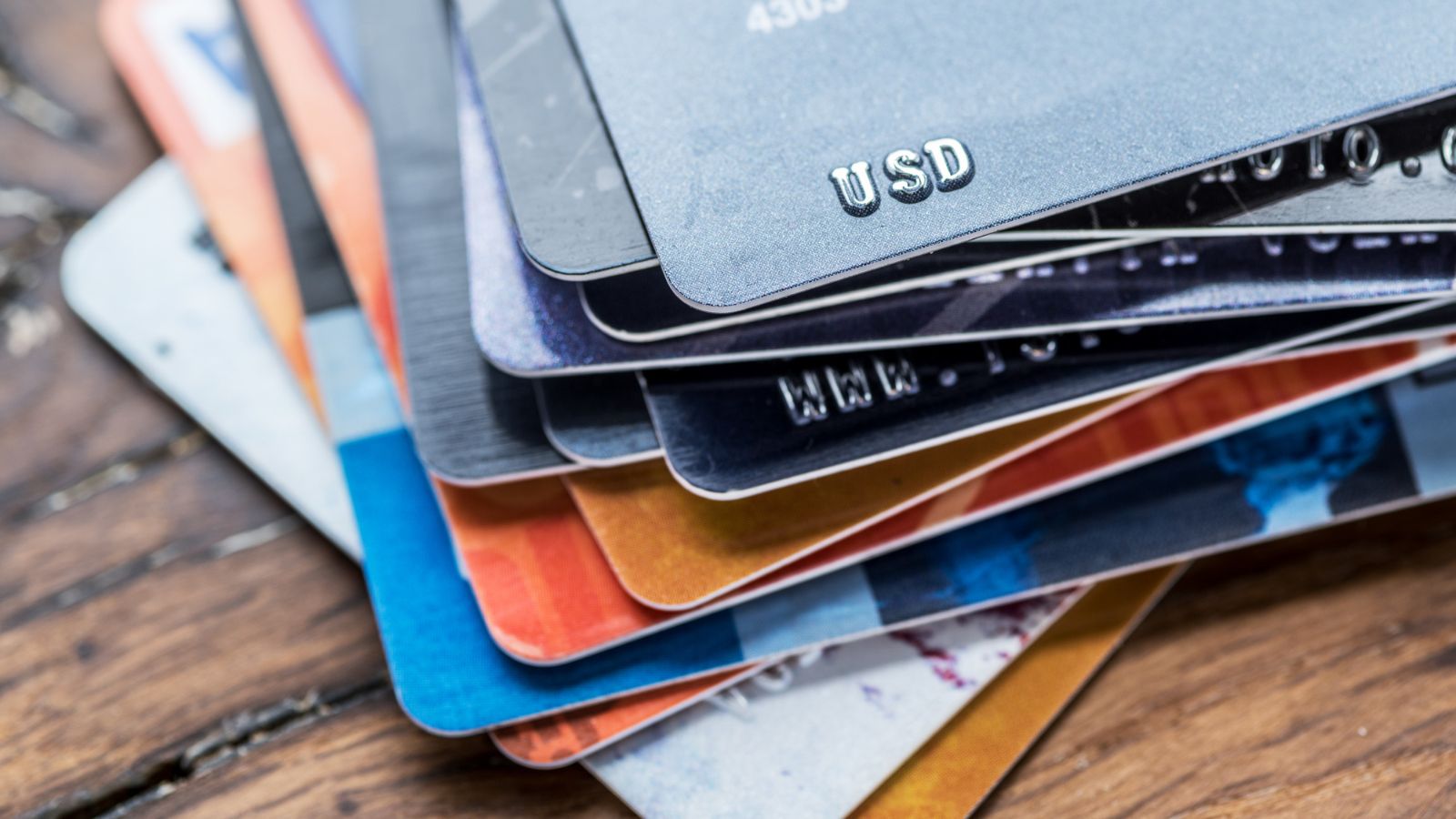
High-interest debts, particularly credit card balances, can eat into your income due to interest charges. Prioritizing paying off these debts minimizes the amount spent on interest, freeing up more money for savings. You should also stay away from such debts as much as you can. It will significantly reduce your expenses and allow you to save more.
4. Add Spending Limits to Your Cards or Do Cash Payments

Setting spending limits on cards prevents overspending. Alternatively, using cash for purchases within your budget ensures you don’t go beyond what you’ve allocated for various expenses. Most credit card vendors have the spending limit feature on their platforms, so ensure to use it.
5. Track Spending Habits
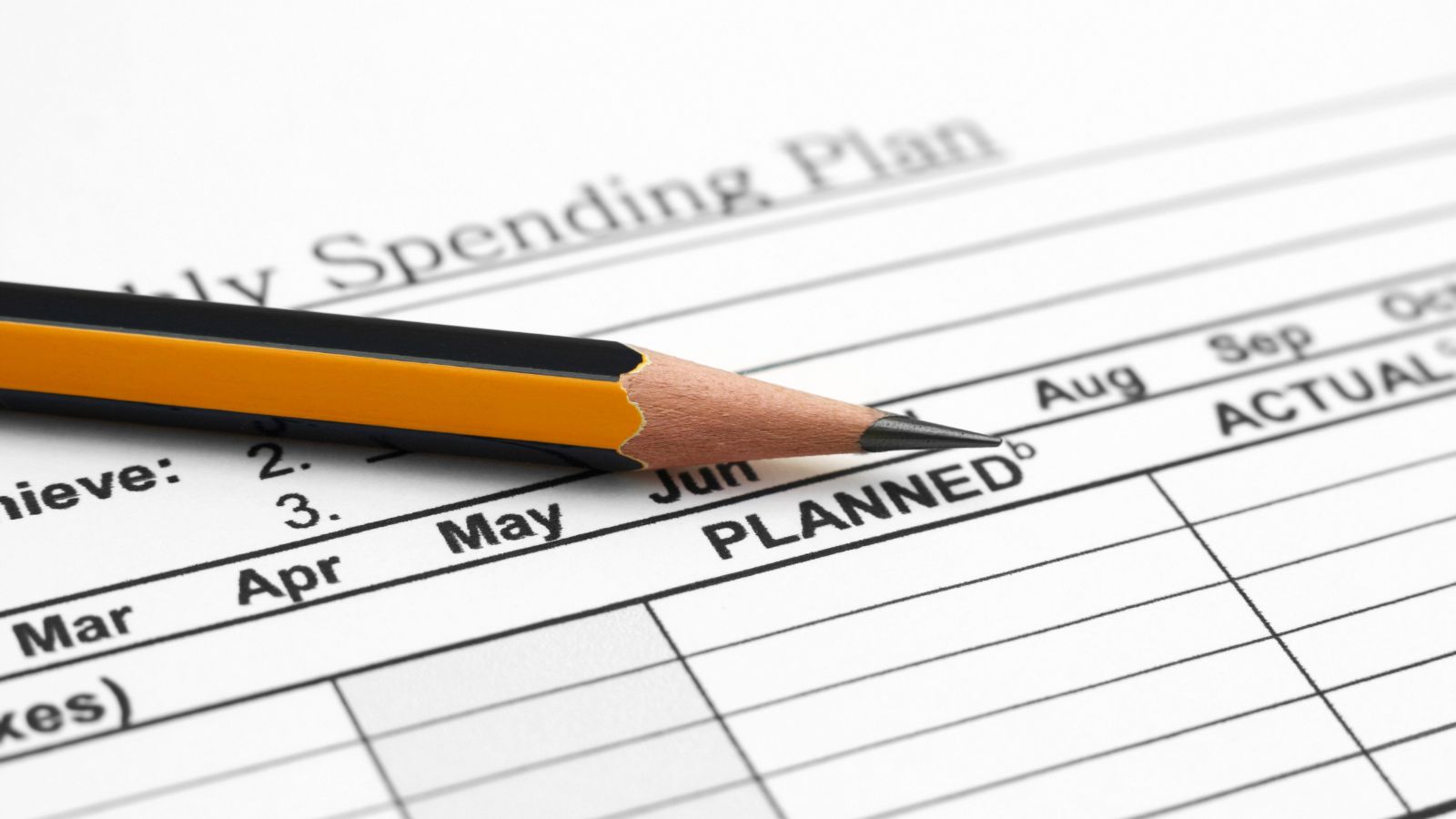
There are various methods to track spending. Keeping a spending journal involves writing down every purchase, date, amount, and category. Budgeting apps categorize expenses automatically while tracking via spreadsheets or bank statements helps analyze spending patterns. After determining the categories of items that take most of your money, you should come up with a feasible strategy for cutting down expenses in that category.
6. Smart Shopping

Using loyalty programs and discount codes helps save money during purchases. All these options are simply a few Google searches away. Opting for generic brands and comparing prices before buying can yield significant savings over time.
7. Take Advantage of Cashback Schemes
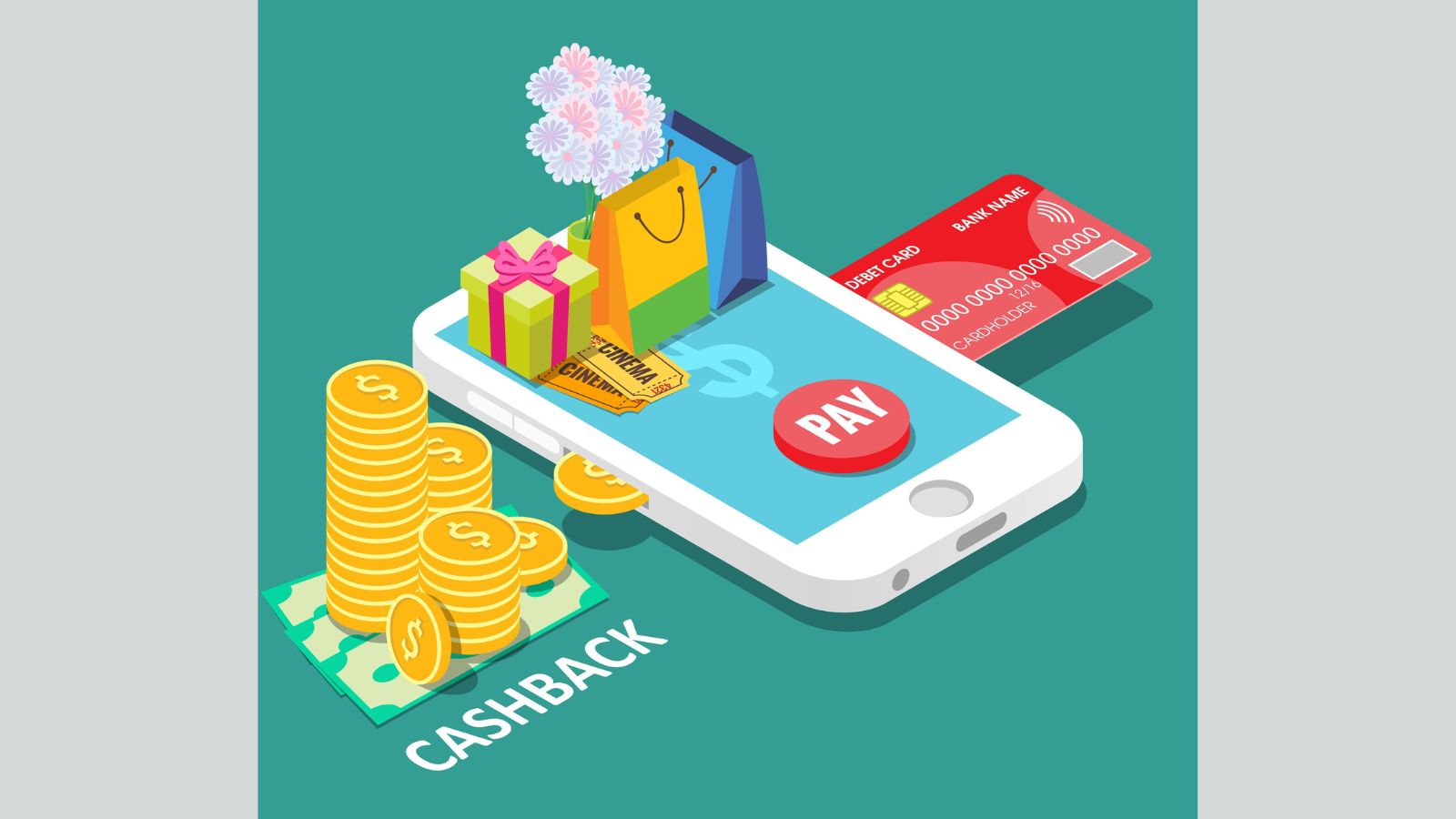
Cashback websites offer a percentage of the purchase price back on items bought through their platform. Similarly, using credit cards with cashback rewards can earn you money on purchases, provided you pay off the balance in full each month to avoid interest charges. So, when choosing which credit card to use, consider their cash-back options.
8. Avoiding Impulse Buying

It’s common to get tempted into unplanned purchases when shopping. To combat this, employing certain tactics can be effective. For instance, carrying only the necessary cash and leaving cards at home limits spending to what’s budgeted. Eating before shopping reduces the temptation to buy unnecessary snacks. Additionally, opting for online shopping helps sidestep impulsive purchases by allowing time to consider needs versus wants before finalizing a purchase.
9. Limiting Dining Out

While eating out can be enjoyable, it often comes at a higher cost compared to cooking meals at home. This strategy involves prioritizing home-cooked meals and bringing lunch to work as viable money-saving options. Allocating a portion of the budget specifically for dining out enables individuals to enjoy this luxury once in a while without overspending.
10. Avoiding Late Fees
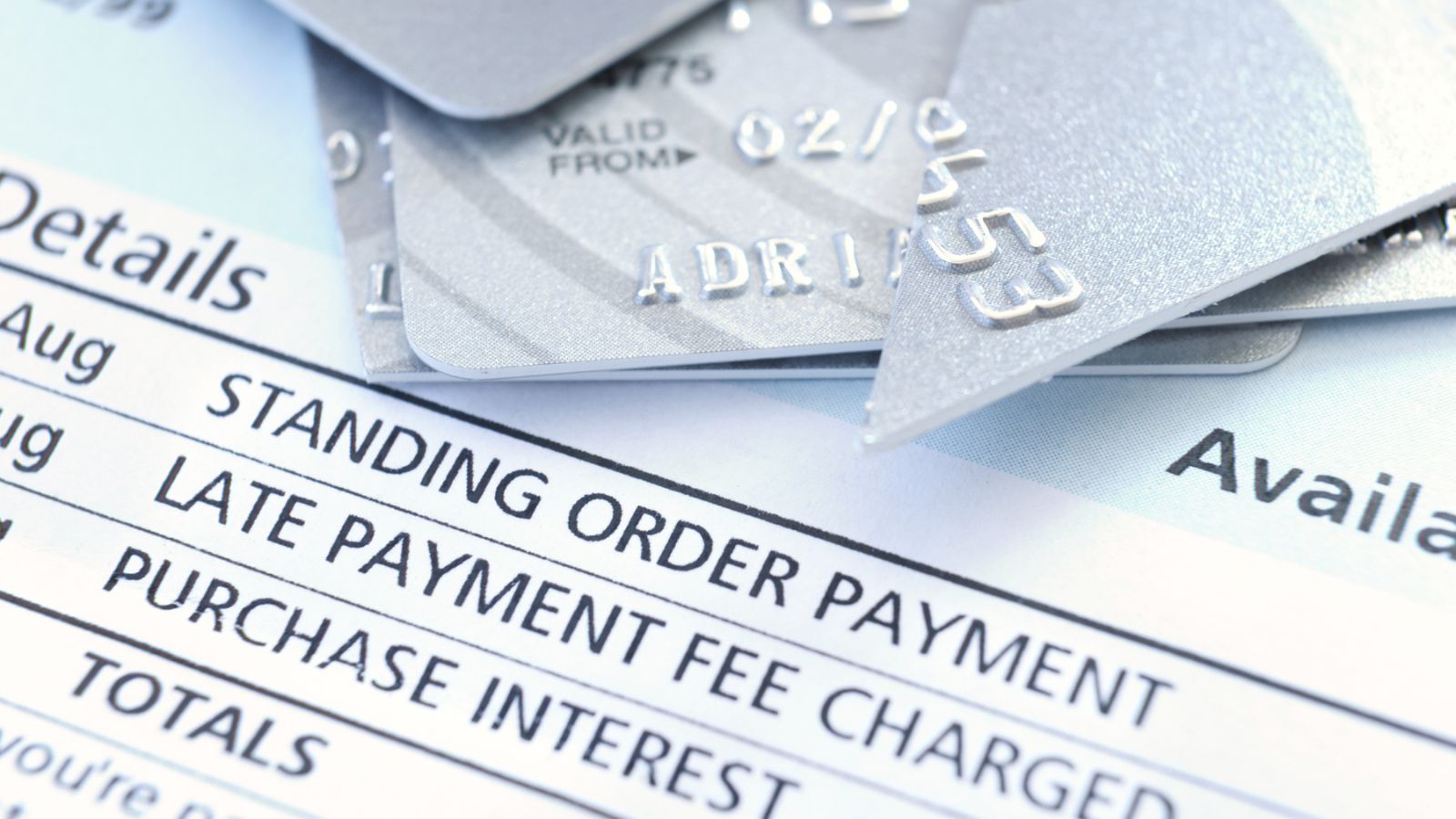
Late payment fees can add up and feel like wasted money. Automating bill payments through your bank account on your payday ensures timely settlements without the need for manual reminders. If financial constraints lead to late payments, discussing feasible payment plans with lenders can prevent these additional charges.
11. Negotiating Bills
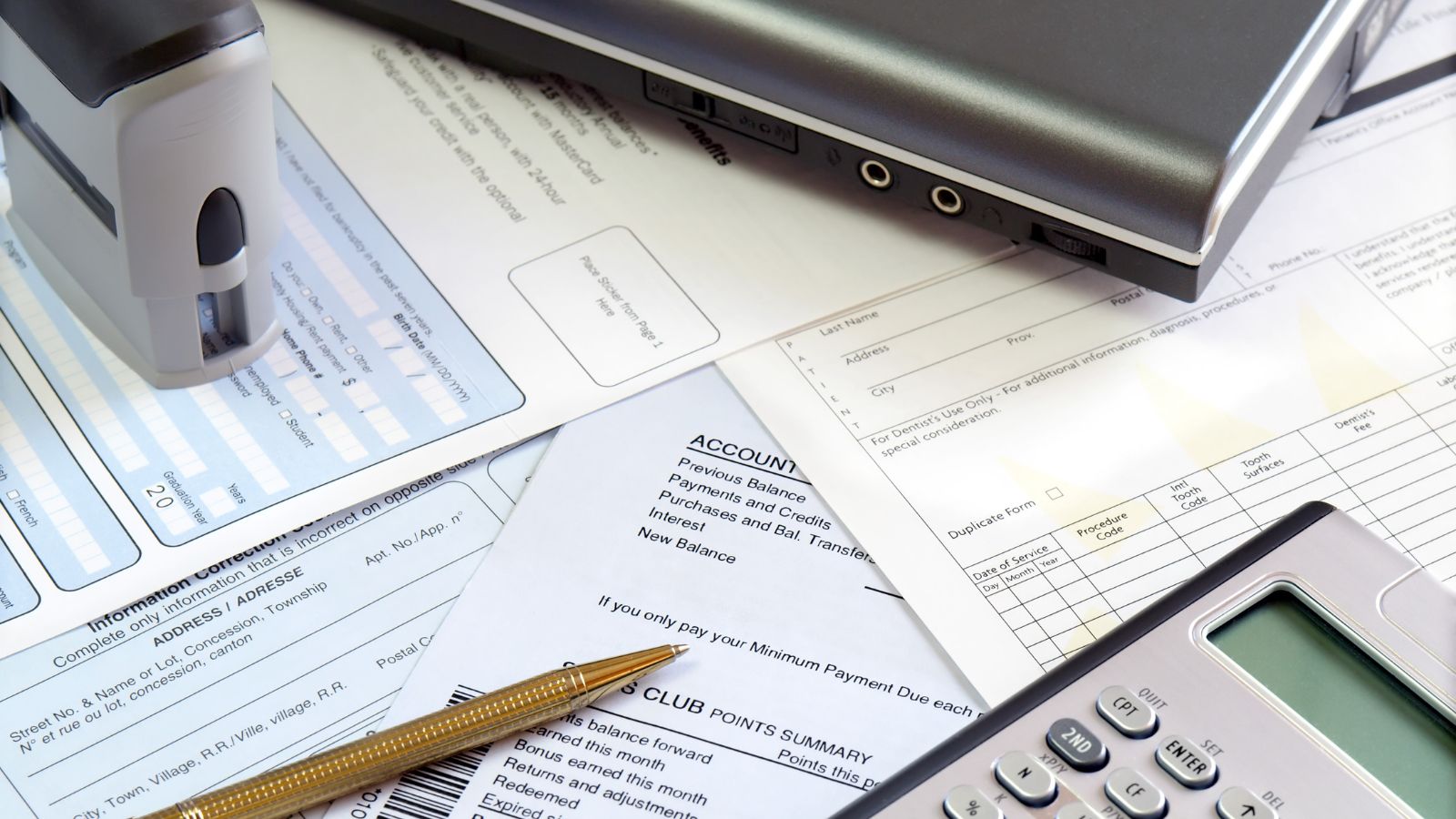
Engaging with service providers to negotiate rates, especially if you’ve been a loyal customer, can yield savings. Even small reductions in monthly bills can accumulate over time, contributing to overall financial efficiency. So, ensure to reach out to some of your service providers to see if you can get small discounts on some of your monthly deals.
12. Minimizing Subscription Services

Evaluating and minimizing subscription services, like streaming platforms or recurring deliveries, can significantly impact monthly expenditures. By carefully selecting essential subscriptions and cutting down on unnecessary ones, you can gain greater control you’re your recurring expenses.
13. Utilizing Tax Benefits
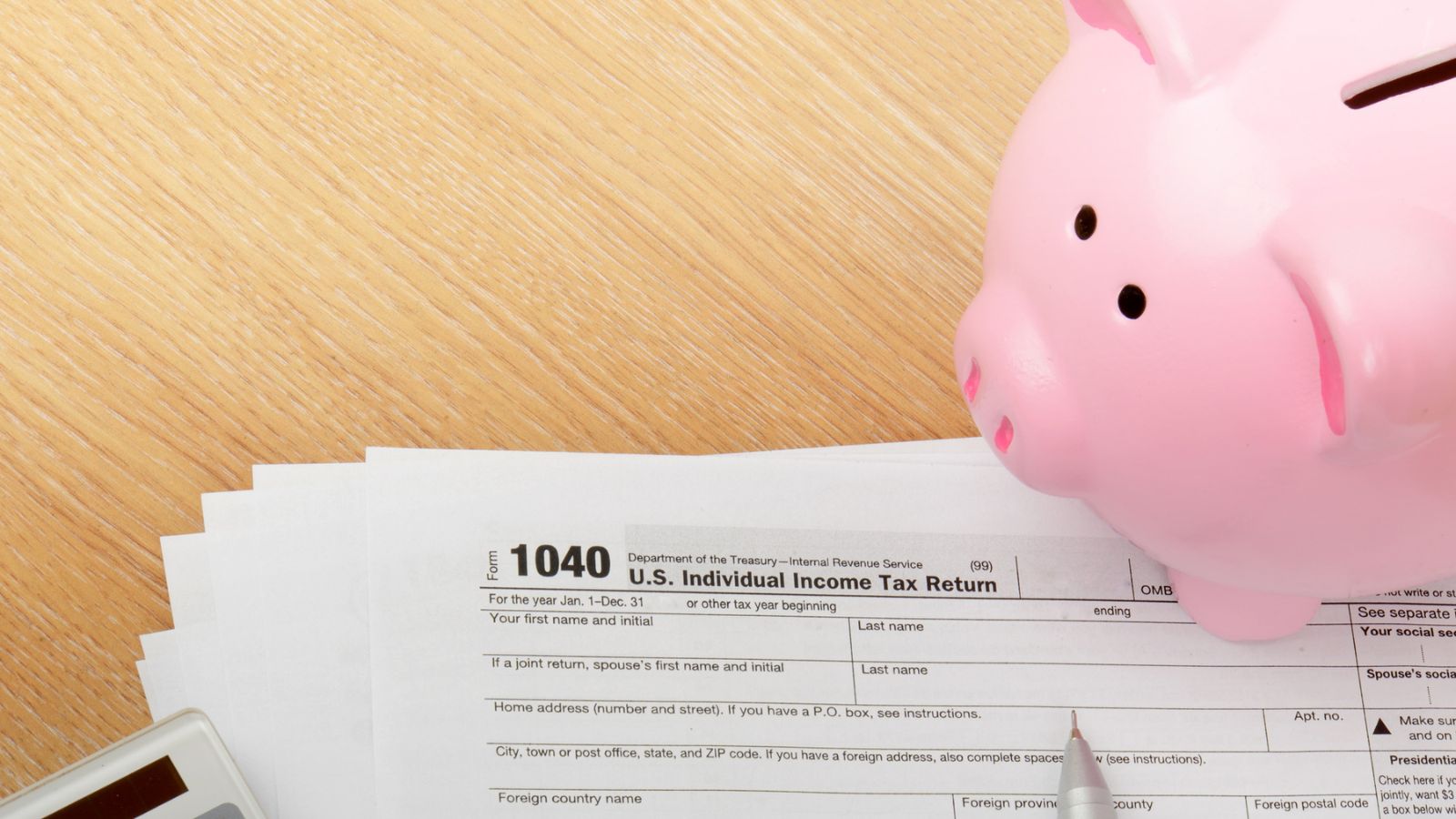
Low-income earners should be aware of and claim available tax benefits, such as working tax credits or tax-free childcare. Taking advantage of these benefits aids in reducing taxable income and ultimately saves money. The first step to using this strategy is finding out the benefits you qualify for depending on your region.
14. Prioritizing Savings

Allocating a portion of your salary toward savings is crucial for building wealth and ensuring financial security. Aiming to set aside about 10 to 20% of your income for savings can pave the way for a more secure financial future. Of course, this percentage can vary based on your income, but the goal should be to save something at least every month.
15. Buying in Bulk

Purchasing items in bulk often comes with cost savings per unit. However, it’s essential to calculate individual prices to ensure actual savings. Keeping an eye out for good deals when buying in bulk can help in stocking up on essentials while saving money in the long run.
50 Super Simple Side Hustle Ideas

50 Super Simple Side Hustle Ideas (& How to Make Them Work)
10 Frugal Lessons I Learned From Being Flat Out Broke

10 Frugal Lessons I Learned From Being Flat Out Broke
How To Make Money Without a Job

How To Make Money Without a Job
Creative Ways To Make Money

20 Easy Ways to Raise A Credit Score Fast

Read More: 20 Easy Ways to Raise A Credit Score Fast
Frugal Living Tips: The Essential Guide To Start Saving Money

Frugal Living Tips: The Essential Guide To Start Saving Money

